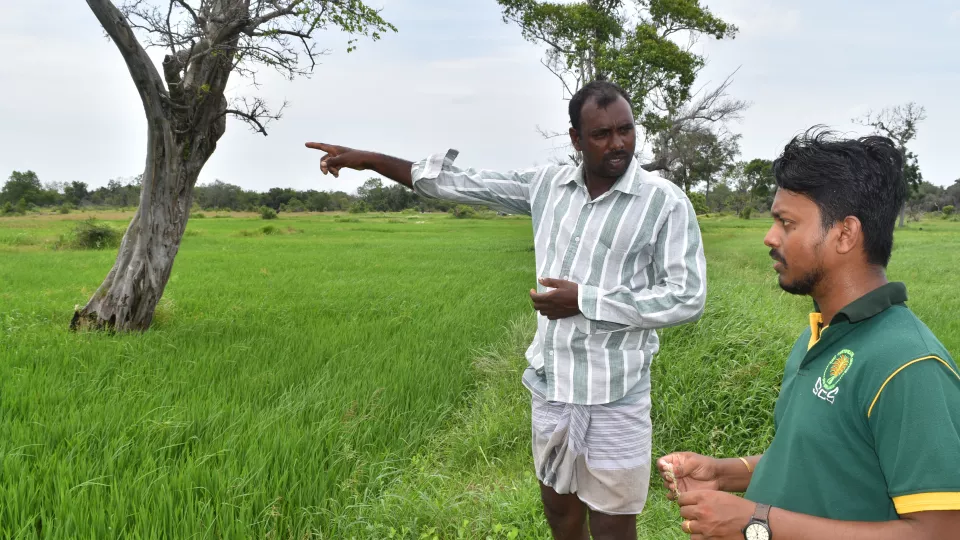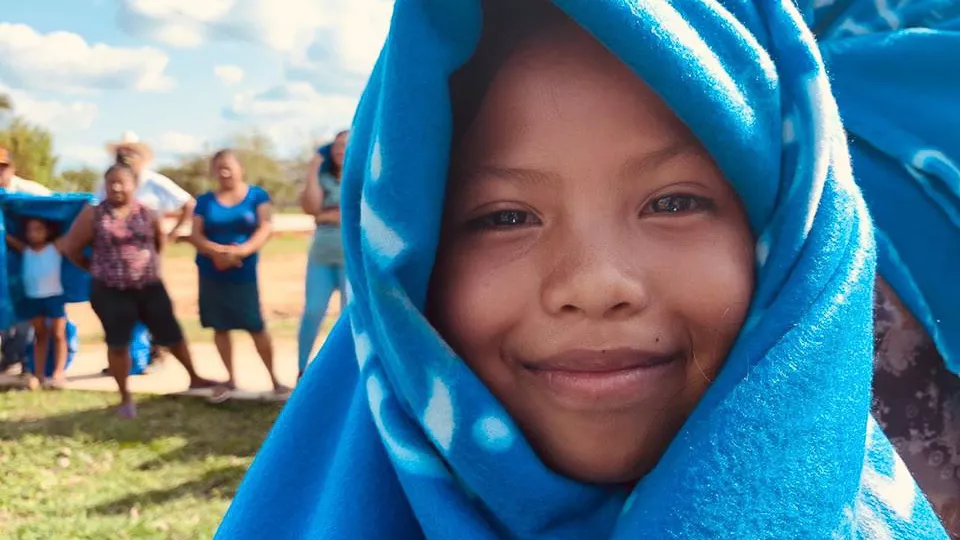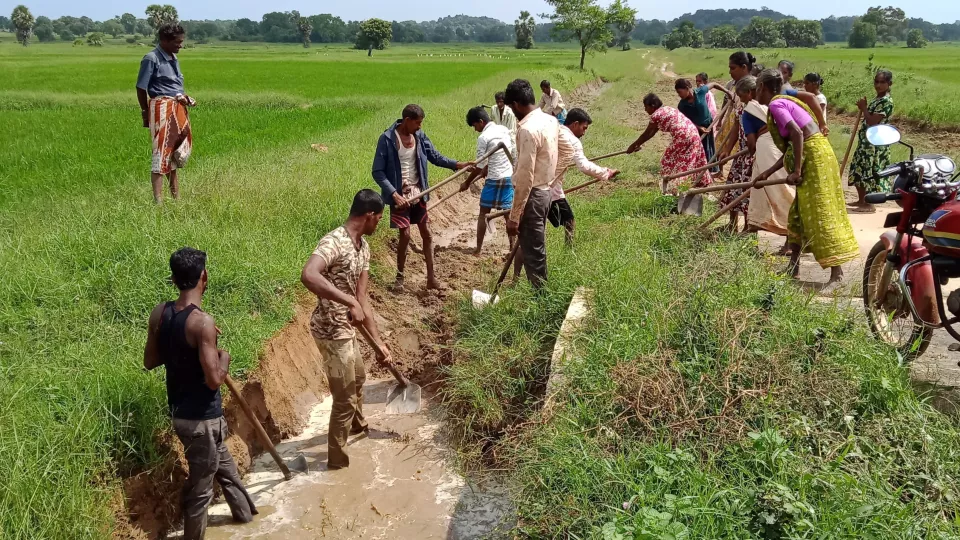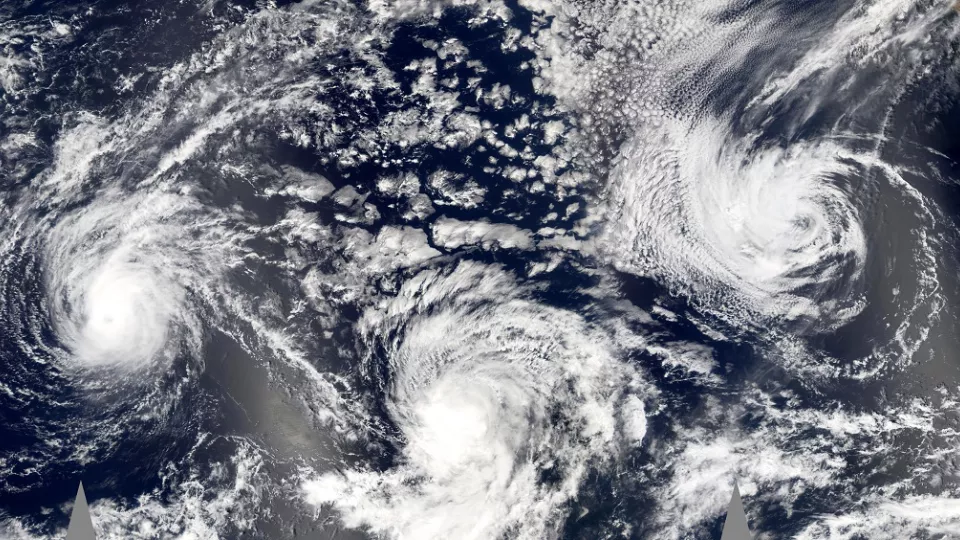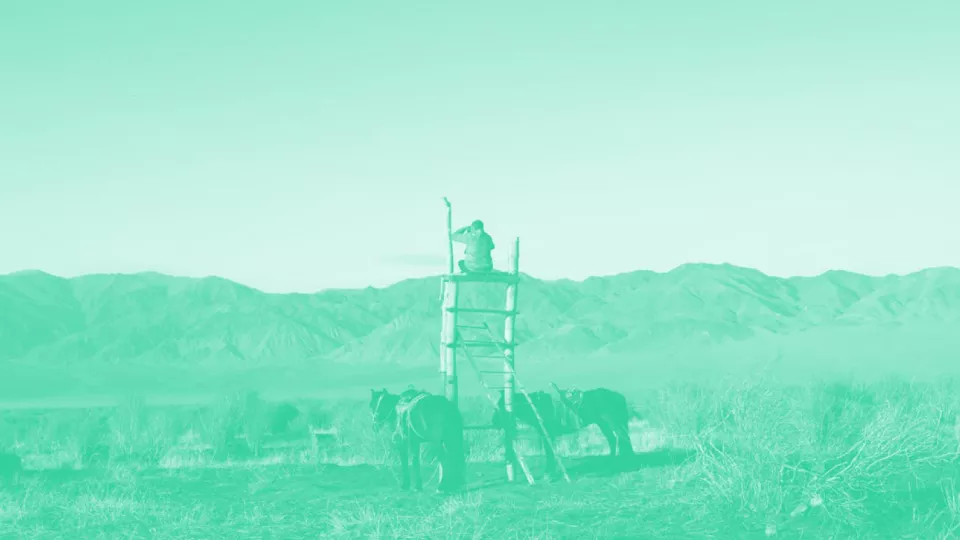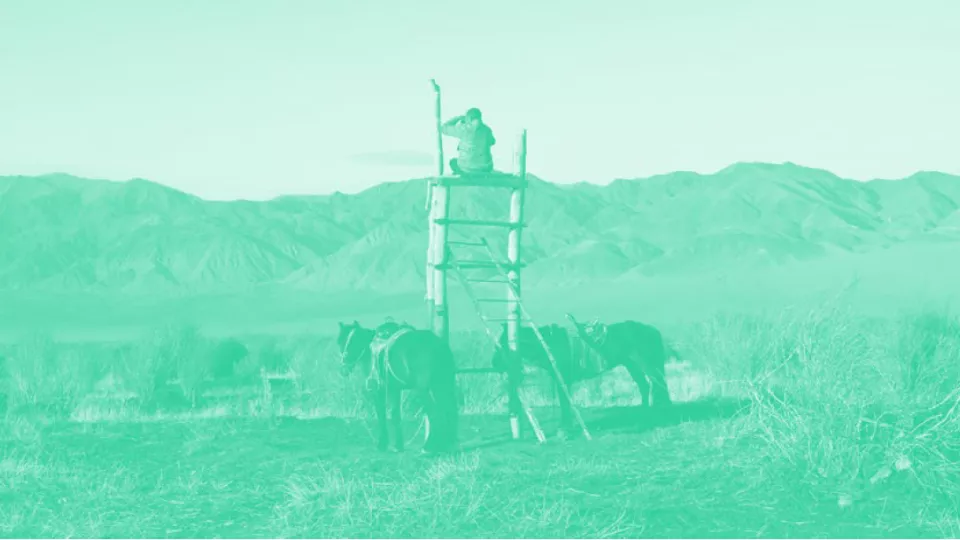The Domino Effect: Acting in advance of crises
We have helped to mitigate the damage of impending disasters and, in some cases, managed to stop crises from forming altogether as a result of well-timed, pre-emptive action. Through these experiences, we have built a strong body of evidence that points to the value of early interventions to save time, money, and lives.

